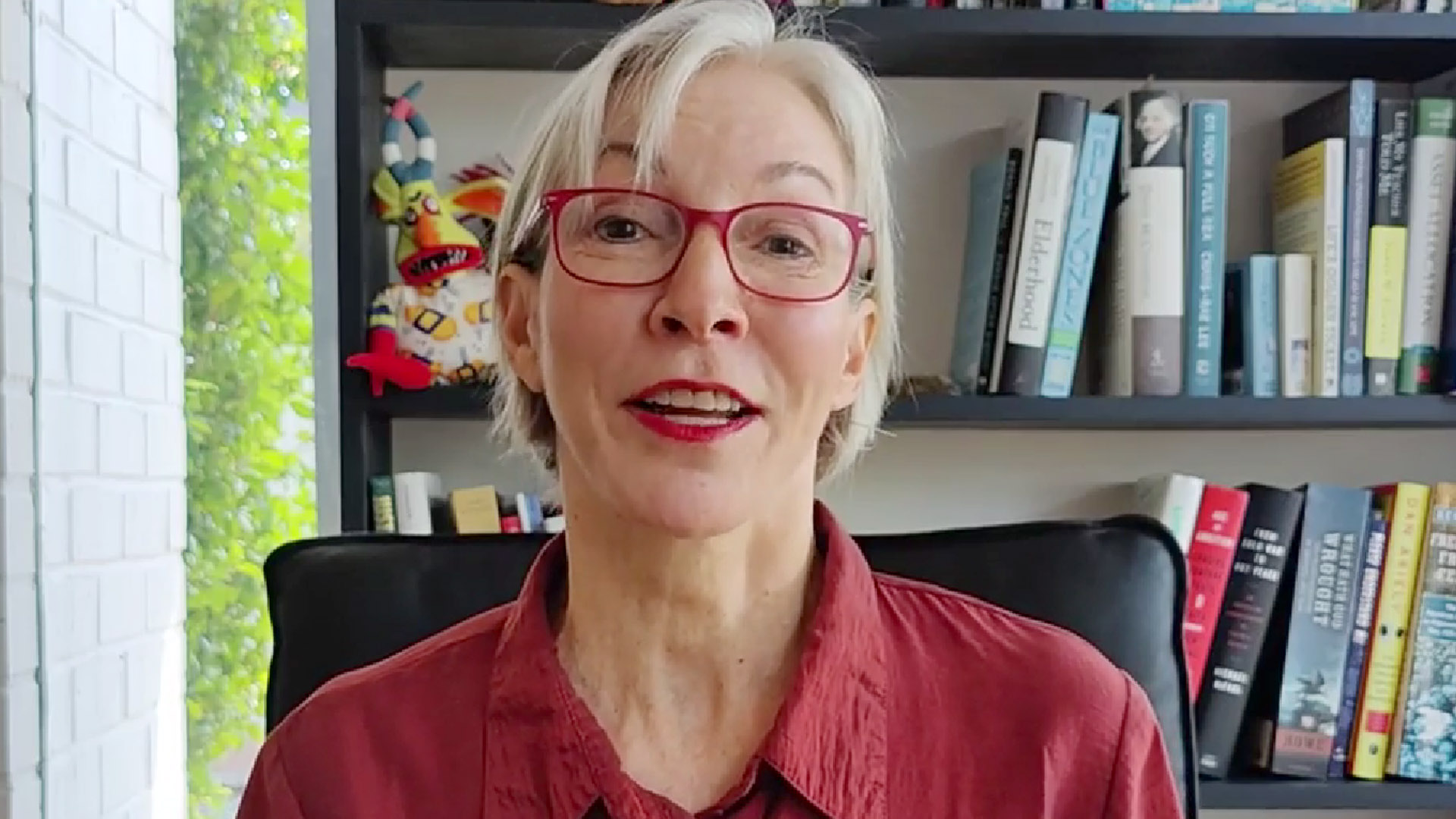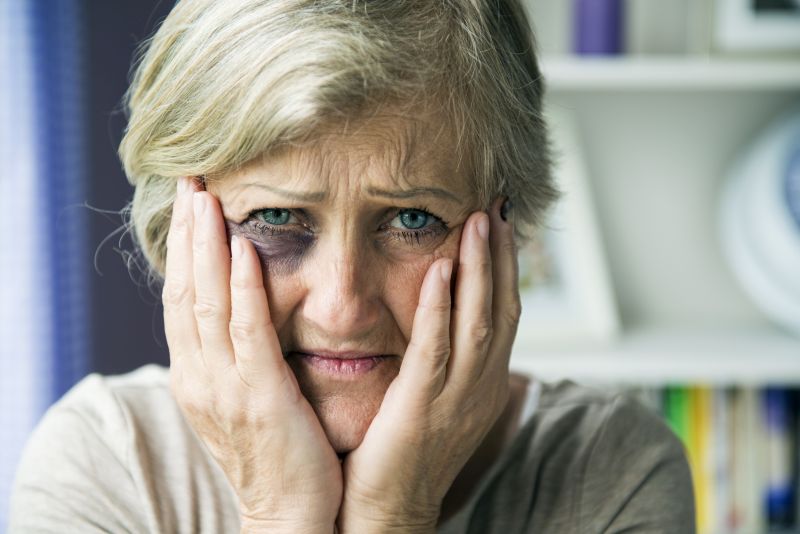Signs of Abuse
General Neglect
General neglect may include the aging patient wearing dirty clothes, having unkempt hair, or smelling like they haven’t bathed recently. In addition, they may have skin sores, noticeably lost weight, a hacking cough, and have not seen a doctor for weeks.
Financial Abuse
Some early signs that a person is being financially abused include the aging adult’s credit or debit cards being declined when used for essential home and health expenses. In addition, legal documents and financial statements are missing from their home. Further, there may be a notice of eviction for unpaid rent or utilities being turned off. Other financial abuse signs include signed documents where the signature does not match the senior’s handwriting, large amounts of money being given to unknown charities or unknown persons, and money “spent” for house renovations or improvements that are never done. Any of these problems need to be addressed immediately.
Mental Abuse
Mental or psychological abuse is when a person is constantly yelled at or threatened. Older adults may think they have to endure this abuse because they rely on the person abusing them. As a result, the older adult may become silent, jumpy, or depressed. In addition, they may lose interest in activities they once enjoyed, not want to interact with others, and not sleep well.
Physical Abuse
If unexplained cuts or bruises occur on someone frequently, it may be due to physical abuse. Physical abuse includes when medication or illicit drugs are forced upon an older person. As a result, they may appear unusually lethargic or confused.
Sexual Abuse
Sexual abuse can range from inappropriate touching to rape. The older person may become quiet and depressed. They may cringe when touched by family members they previously loved being hugged. There may be blood on their clothing. They may test positive for a sexually transmitted disease.
If you see any of the above signs, you must report them to the proper authorities, such as the local or state Adult Protective Services. If in a care home, begin by reporting abuse to the care home manager. If you feel that’s not enough, contact your local police department for advice on physical or financial abuse. All caregivers should take dementia care training education classes. Well-trained caregivers are for the benefit of our aging population.
Dr Liz Geriatrics
Are you a caregiver that needs support? Dr. Liz Geriatrics can help. We specialize in educating and supporting caregivers of aging individuals. Our team can give general or specific information depending on your situation. Don’t feel alone. Help is here. Contact us at 650-357-8834 x1.

Dr Liz has over 20 years of experience as a geriatrician. She is board-certified in internal medicine, geriatric medicine, and palliative care medicine. Dr Liz founded Dr Liz Geriatrics to address the challenging medical and behavioral issues often facing older patients and their families.

